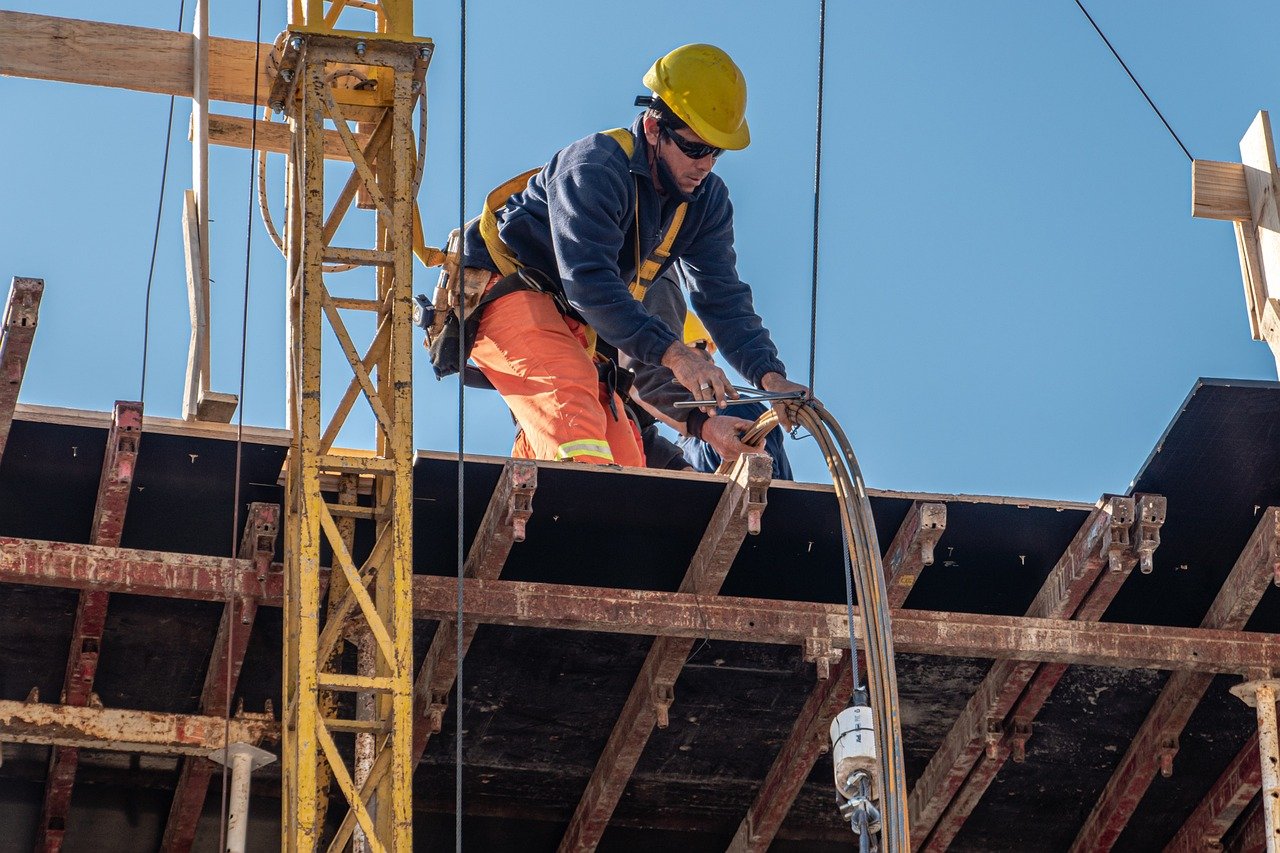Commercial construction projects require professional expertise, precise coordination, and compliance with strict building standards. This is where commercial contractors Toronto play a vital role. They manage every aspect of construction, from the initial design phase to the final inspection. Whether it’s building an office complex, retail space, or industrial facility, these experts ensure the project is completed on time, within budget, and according to safety and quality standards. While home improvement contractors focus mainly on residential projects, commercial contractors handle larger and more complex developments that involve multiple stakeholders and technical requirements.
1. Understanding the Role of Commercial Contractors
Commercial contractors are professionals or firms responsible for overseeing construction projects for businesses, government institutions, or industrial facilities. Their work goes beyond physical construction; they manage permits, hire skilled labor, coordinate subcontractors, and ensure compliance with legal and safety codes.
In Toronto, where the construction industry continues to grow rapidly, commercial contractors Toronto handle diverse projects, including shopping malls, corporate offices, hospitals, schools, and warehouses. They bring together architects, engineers, electricians, and plumbers to turn blueprints into functional spaces. These contractors play a managerial and technical role, ensuring every stage of construction runs smoothly.
2. Planning and Design Coordination
The first responsibility of a commercial contractor is project planning and design coordination. Before construction begins, the contractor collaborates with architects, designers, and clients to finalize project specifications. They assess the site, prepare budgets, and establish timelines.
Commercial contractors also analyze the feasibility of the design in terms of materials, cost, and labor availability. Their expertise ensures that the project design aligns with the client’s vision while meeting building regulations and zoning laws in Toronto. This pre-construction phase lays the foundation for a successful project, as it minimizes errors and cost overruns later.
3. Budgeting and Cost Management
Managing finances effectively is a crucial part of every construction project. Commercial contractors Toronto create detailed cost estimates that include materials, labor, equipment, and permits. They help clients stay within budget by negotiating with suppliers and subcontractors to secure competitive pricing.
Moreover, they continuously monitor expenses throughout the project, adjusting plans when necessary to prevent financial strain. This financial oversight sets commercial contractors apart from smaller home improvement contractors, who typically handle simpler budgets for residential renovations. Commercial construction often involves millions of dollars, requiring more advanced cost-control strategies.
4. Obtaining Permits and Regulatory Approvals
Toronto’s building codes and safety regulations are strict, making compliance a top priority. Commercial contractors handle the legal aspects of construction by securing permits and approvals from local authorities. They ensure that the project meets environmental, fire safety, and accessibility standards.
This process involves submitting architectural plans, structural details, and safety measures for review. Contractors also coordinate inspections at various stages to maintain compliance. Without their expertise, delays and legal complications could derail the entire project.
5. Managing Subcontractors and Construction Teams
A commercial project typically involves numerous specialists, including electricians, plumbers, masons, roofers, and HVAC technicians. The commercial contractors Toronto act as project managers who coordinate these subcontractors to ensure each task aligns with the construction schedule.
They assign responsibilities, monitor progress, and resolve on-site issues efficiently. Their leadership ensures that all trades work cohesively, reducing downtime and avoiding conflicts. Compared to home improvement contractors, commercial contractors oversee much larger teams and more complex workflows that require professional scheduling and communication systems.
6. Ensuring Safety and Quality Control
Safety is one of the most critical aspects of commercial construction. Contractors must implement rigorous safety protocols to protect workers and prevent accidents. This includes enforcing personal protective equipment (PPE) standards, conducting regular safety inspections, and ensuring compliance with the Occupational Health and Safety Act (OHSA).
Beyond safety, quality control is another major responsibility. Commercial contractors Toronto conduct regular site evaluations to verify that all materials and workmanship meet required specifications. They document progress, identify potential issues, and correct them before they escalate. This commitment to safety and quality ensures the longevity and reliability of the finished structure.
7. Scheduling and Time Management
Timely completion is essential in commercial construction since delays can lead to financial losses. Contractors develop and maintain project schedules that outline key milestones, deadlines, and deliverables. They use modern project management tools to track progress and predict potential delays.
When challenges arise—such as supply chain issues or unexpected weather conditions—commercial contractors adjust the schedule and allocate resources efficiently. Their proactive planning minimizes disruptions and ensures that the client’s operations can begin as planned.
8. Communication and Client Relations
Clear communication is vital in construction projects that involve multiple stakeholders. Commercial contractors act as the main point of contact between the client, designers, suppliers, and workers. They provide regular progress reports and address concerns promptly.
For commercial contractors Toronto, maintaining transparent relationships builds trust and helps clients make informed decisions throughout the construction process. They also handle disputes and change orders professionally, ensuring smooth collaboration.
9. Project Completion and Post-Construction Services
Once construction is completed, the contractor conducts final inspections and ensures that every detail meets the client’s expectations. They handle occupancy permits, complete final cleanups, and address any last-minute adjustments.
Some commercial contractors Toronto also offer post-construction services such as facility maintenance, repairs, and warranty management. This long-term involvement helps ensure that the building continues to operate efficiently and safely.
10. Conclusion
Commercial contractors are the backbone of large-scale construction projects. They combine technical expertise, project management skills, and regulatory knowledge to deliver quality results. In cities like Toronto, where construction demands are diverse and fast-paced, commercial contractors Toronto provide the professional oversight needed to bring architectural visions to life.
CONGRATULATION! YOU’VE FINISHED THIS BLOG.



